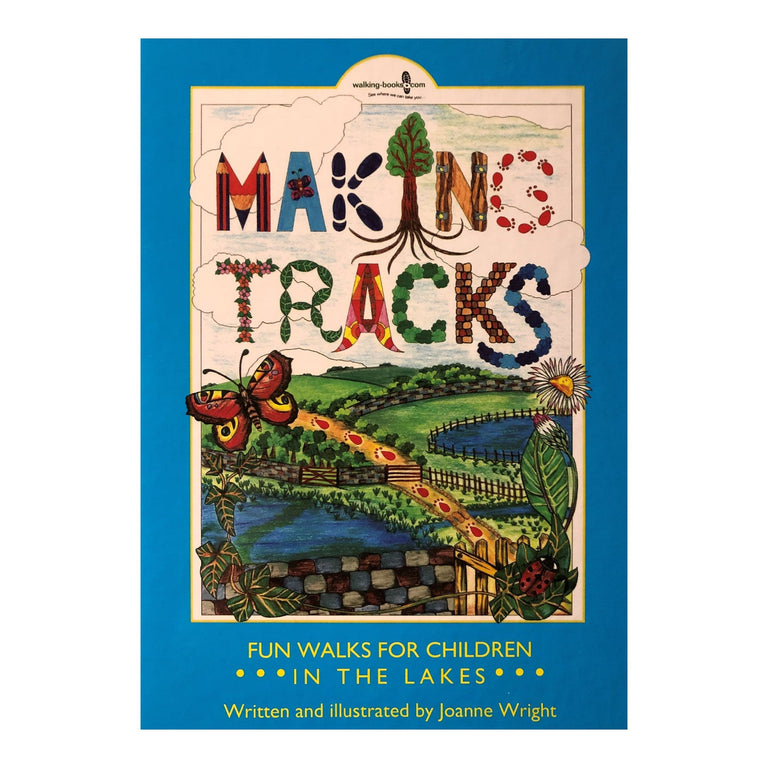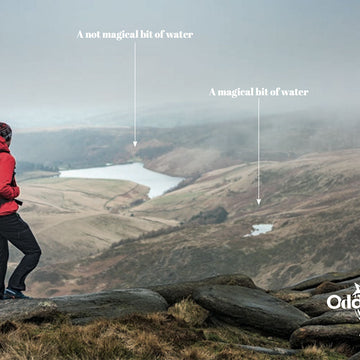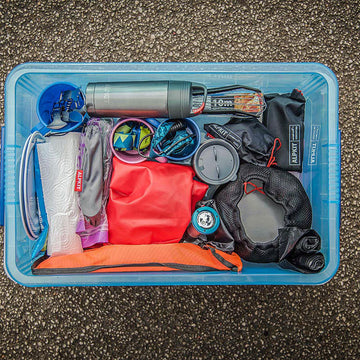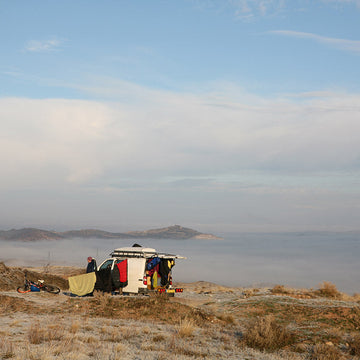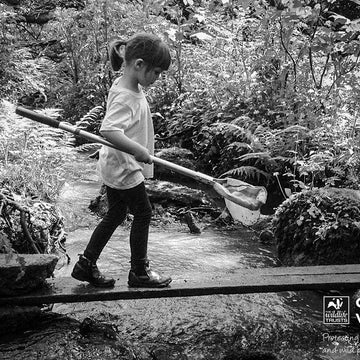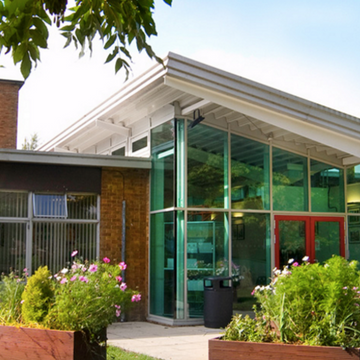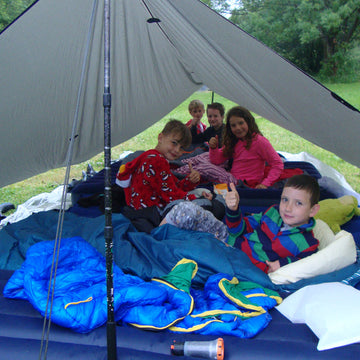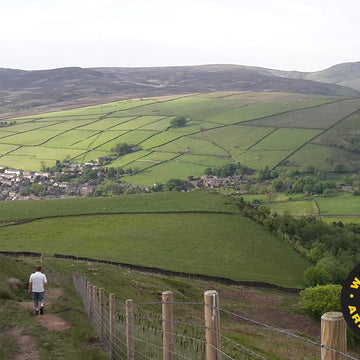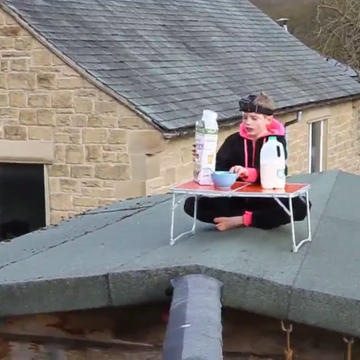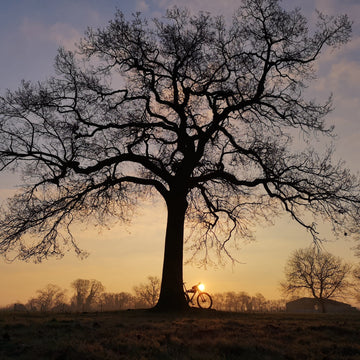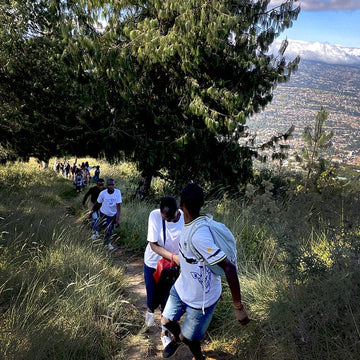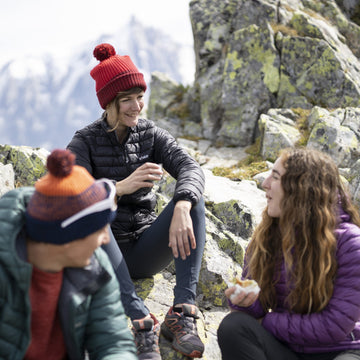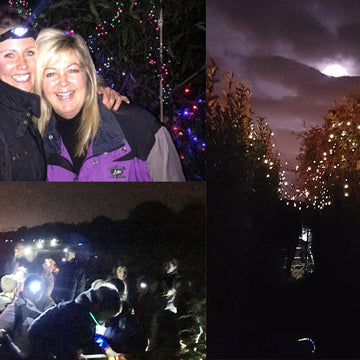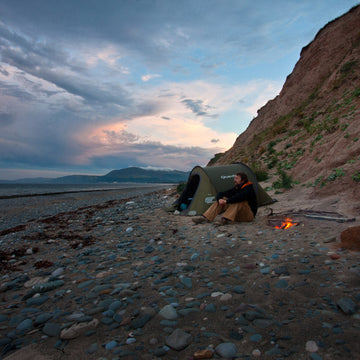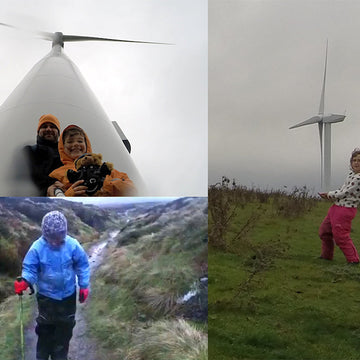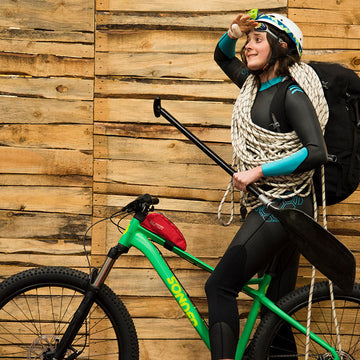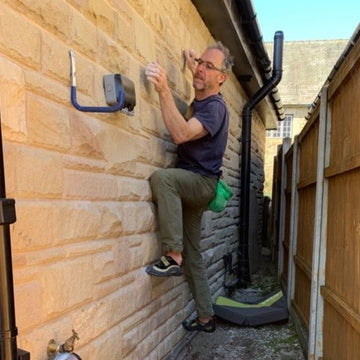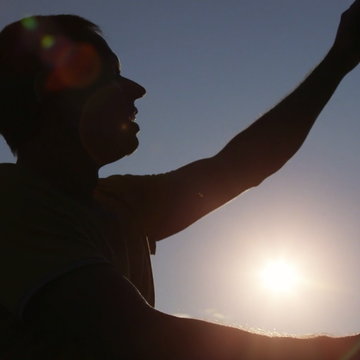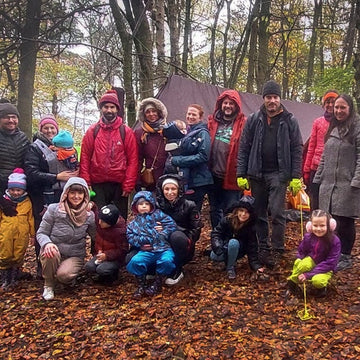
The woodland forest school and outdoor classroom is a vital part of the curriculum for Henshaws Specialist College. Installing an accessible ramp allows everyone at the college to utilise this space and help connect with the natural world
Investing in outdoor classrooms certainly aligns with the understanding that exposure to nature can have a significant positive impact on mental well-being. To provide an opportunity to connect with the natural world, promoting not only academic growth but also personal development and independence.
With a school year well underway the woodland forest school and outdoor classroom is a vital part of Henshaws Specialist College curriculum. Yet they needed to make the classroom entirely accessible for all students year-round, whatever the weather.
Based in Harrogate, North Yorkshire the college offers around 80 places to students aged 18 – 25 with special educational needs and disabilities. Including a residential offering which allows young people to join from across the UK.
Shaneka Rianne, Trust & Grants Assistant applied for support and a £200 grant went towards helping with the installation of a wheelchair ramp, meaning it could allow every single student at the college to benefit from the classroom.
“We look forward to seeing how the students progress through the school year, the changing seasons and having greater access to the outdoors. Forest School is particularly suited to people who have a low sense of self-worth and who struggle for various reasons to learn in a traditional classroom setting. Students have shown improved communication through relating to nature and developing their social skills – things like sharing, negotiating, leading and problem solving with peers.”

Emma, an instructor at Henshaws also shared the positives of getting the students outdoors.
“Many of the students I work with who have autism visibly relax when we go outside to explore our natural spaces. They also seem more able to tolerate each other’s self-stimulating behaviours e.g. humming and can work better as a group, due to the space accessible to them.”





